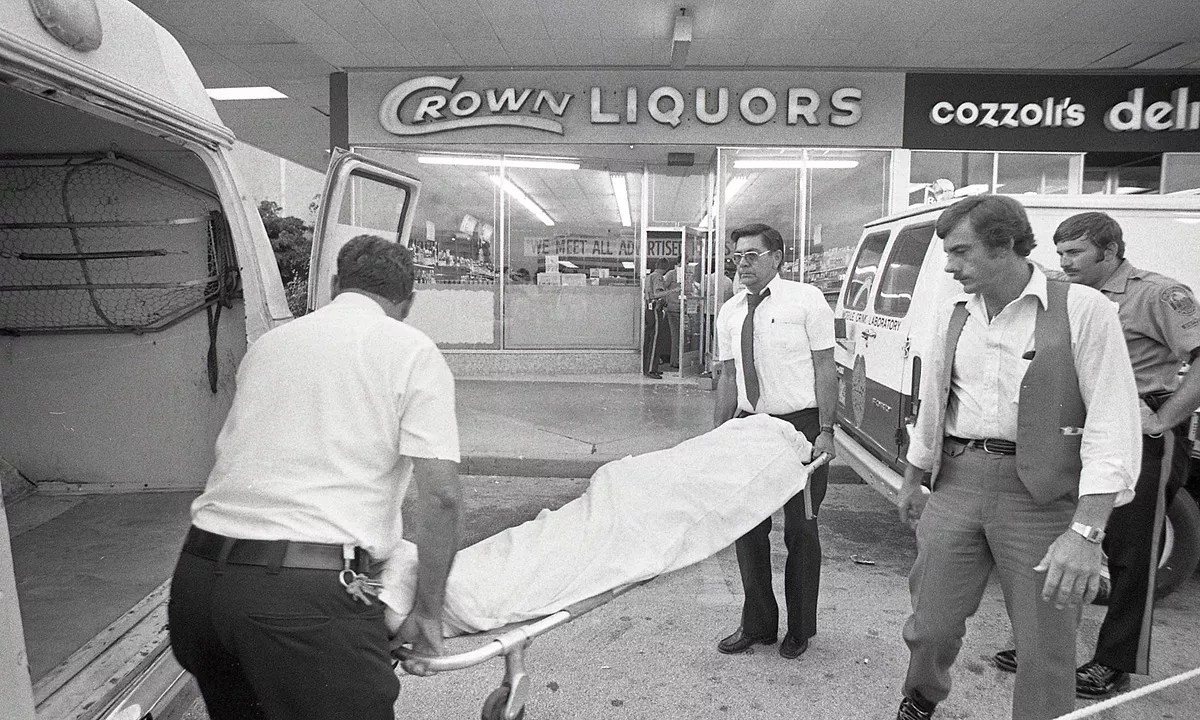
Photography by Tim Chapman

Audio By Carbonatix
Local TV news still makes Miami out to be a screaming, bloody hellscape where strangers are mugged constantly and venturing outside one’s apartment is an act of certain suicide. A few local governments (i.e., Miami Beach) seem hellbent on convincing residents their towns are dangerous and need more cops, stricter laws, and all-seeing surveillance panopticons.
But as New Times noted last year, now is the safest time to live in Miami-Dade County in decades. Today new statistics from the Florida Department of Law Enforcement confirmed the trend is continuing: Compared to the first six months of 2017, crime is down about 9 percent in the first half of 2018. That’s a huge drop for a county of Miami-Dade’s size.
Here’s the breakdown: There were 49,084 “major” crimes reported in Miami-Dade through the first six months of 2018, compared to 53,961 during the first half of 2017, FDLE’s study shows. There were eight more murders this year (100, compared to 92), but rapes, robberies, aggravated assaults, burglaries, larcenies, and car thefts all dropped. Overall, crime fell 8 percent in Florida in the first half of the year.
Though there’s still another half of the year to analyze, if the trend holds, this could wind up being one of the safest years in recent Miami-Dade history. The city’s former reputation as a murder and drug-crime capital is simply no more: The area’s violent-crime data does not even come close to that of St. Louis, Baltimore, New Orleans, or Detroit, four of the nation’s deadliest cities. Last year, the Miami Herald noted that, through the first six months of 2017, Miami had seen 26 murders, while Baltimore, a city of roughly equal size, had suffered 170 homicides.
It might seem natural to heap praise on local police departments and prison systems for lowering crime, but criminologists say it’s difficult to credit cops for the trend
Regardless, the data shows that the harsh rhetoric from President Trump and many right-wing and anti-immigrant news sources simply doesn’t match reality.
Governor-elect Ron DeSantis, for example, ran a campaign heavily centered on accusing his opponent, Tallahassee Mayor Andrew Gillum, of being soft on crime. DeSantis smeared immigrants and promised to